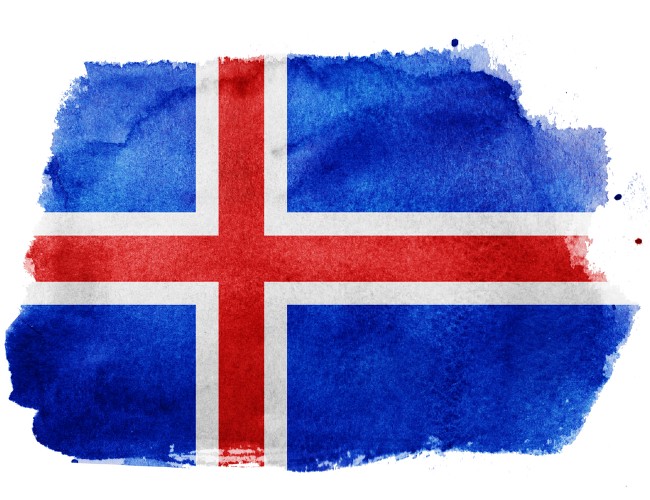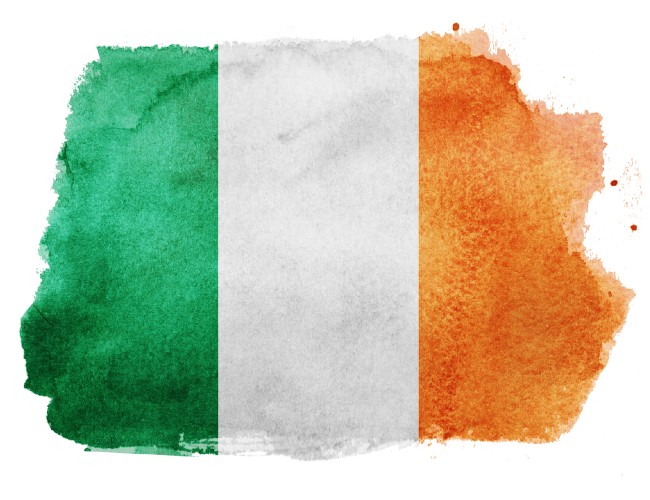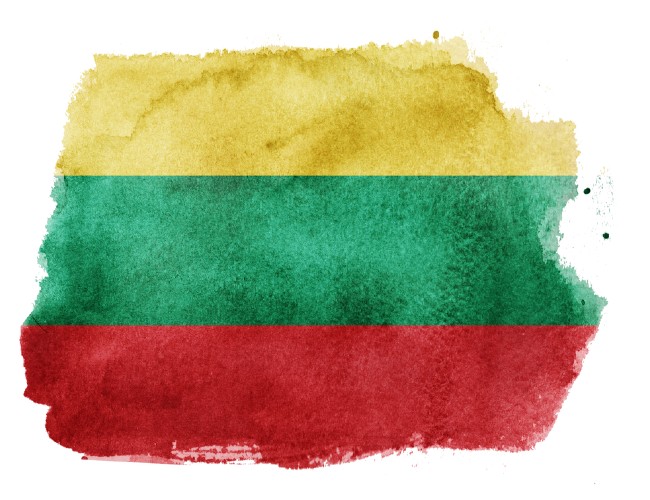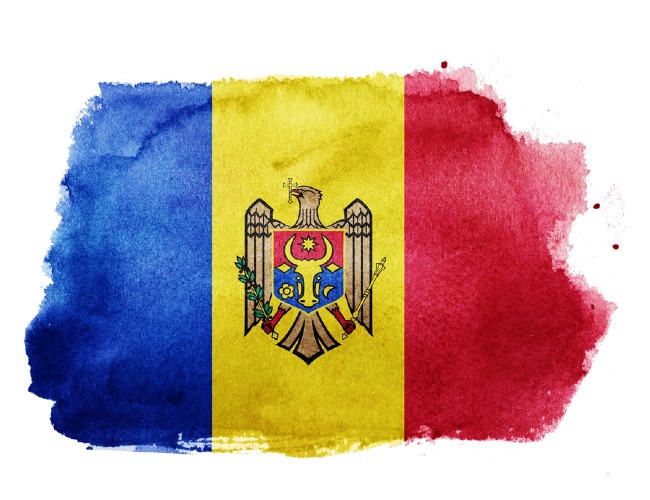What is the Eurovision Song Contest?
Started way back in 1956 as a way of drawing a fractured Europe back together with the healing power of music, the Eurovision Song Contest, or Concours Eurovision de la Chanson – the contest is telecast in both English and French – is open to all active members of the European Broadcasting Union, which oversees the competition.
Each country is permitted to submit one three-minute song to the contest – a song which is selected by a variety of means, usually a winner-takes-all competition such as Sweden’s renowned Melodifestivalen – which their selected entrant performs in one of two semi-finals in the hopes of making it to the glittering grand final.
Only six countries have direct entry into the grand final:
- The Big Five who fund most of the contest – UK, Germany, France, Italy and Spain
- The host country (which is the winner of the previous year’s contest)
In a change for 2024, the grand final six will now perform in full in the semi-final in which their countries are voting; so Germany, Sweden and the UK will perform in semifinal one while France, Italy and Spain will perform in the second semifinal.
The winner is chosen by a 50/50 mix of viewer votes (you cannot vote for your own country and for 2024, voting will now be permitted from the start of the grand final) and a jury of music industry professionals in each country, a method which was chosen to counter the alleged skewing of votes based on political and/or cultural lines when voting was purely the preserve of viewers at home.
Past winners include, of course, ABBA in 1974 with “Waterloo” and Celine Dion who won for Switzerland in 1988 with “Ne partez pas sans moi”.Above all though, the Eurovision Song Contest is bright, over the top and deliciously camp, a celebration of music, inclusiveness and togetherness that draws annual viewing figures in the hundreds of millions.
This year’s event
The Grand Final of the Eurovision Song Contest 2024 will take place in the Malmö Arena on Saturday 11 May with Semi-Finals on Tuesday 7 and Thursday 9 May. The 68th Eurovision Song Contest will be hosted by a Hollywood star and an iconic Eurovision-veteran; Malin Åkerman and Petra Mede will together lead the three broadcasts, live from Malmö Arena. Swedish broadcaster SVT, together with the European Broadcasting Union (EBU), will organise the Contest thanks to Loreen’s historic win in Liverpool in 2023. (courtesy and (c) Eurovision.tv)
ICELAND: “Scared of Heights” by Hera Björk
THE ARTIST
She’s back!
Eagle-eyed Eurovision fans will have spotted already that Hera Björk is a return entrant to the contest, having represented Iceland with her song “Je Ne Sais Quoi” in 2010 (she finished 19th), after contributing backing vocals to 2008 Icelandic entrant Euroband.
But while Bjork is undoubtedly Eurovision royalty, she’s more than the sum total of her contest appearances, memorable though they’ve been.
She’s also represented Iceland at the 2013 Viña del Mar International Song Festival in Chile, where she took out the Best Song category with “Because You Can”, building on a discography stretching back to 2001 when she collaborated with Friðrik Ómar on “Engum Nema Þér”.
But has her 2024 entry got the same winning vibe going on?
(courtesy official Hera Björk Instagram page)
THE SONG
It’s certainly got the kind of celebratory upbeat vibe that goes down a treat at Eurovision.
The song, “Scared of Heights” is all about the thrill of falling in love (“diving with my heart first”) and its a typically Scandinavian blend of thoughtfully open and honest lyrics with the sort of giddy beats that will fill a dancefloor in a heartbeat.
This is precisely the sort of song that, with just the right staging presence, and Bjork has proved she has that in red sequined spades, could absolutely blitz the semifinal, and while, yes, it’s a little generic with not much in the way of real originality, delivery could make all the difference.
Look for Iceland to get into the grand final and possibly even crack the top 10, but this is likely not the year to begin packing for next year’s contest in Reykjavik …
IRELAND: “Bambie Thug” by Doomsday Blue
THE ARTIST
You know that when an artist presents with the name Bambie Thug that the odds of getting old-fashioned lounge melodies done by a gentle crooner are remote to non-existent.
Which is a good thing because there’s nothing better than someone going out with an out-there identity, a gender-redefining outlook and a willingness to blend all kinds of genres to devastatingly clever and highly listenable effect.
Bambi Thug aka Bambi Ray Robinson to her mum and dad is an artist who brings together pop, rock, electronica and more in a musical genre stew they call “ouija pop” which is appropriate for a singer-songwriter whose songs draw inspiration from, among other things, withcraft and drug addiction.
Born to a Swedish dad and Irish mum in Cork, Bambi Thug studied ballet and dance growing up and even switched across to musical theatre, and while they signed on the dotted line with a talent agency, they left when it seemed the only career path being offered was into bubblegum pop, something that was clearly anathema to an artist with a highly disruptive mentality.
So will an artist who does not fit the mould, who pushes envelopes to the point where they dramatically rip and tear and whose not fond of being easily categorised do well in a contest that’s increasingly willing to take risks but is still not exactly on the bleeding cutting edge?
(courtesy official Doomsday Blue Instagram page)
THE SONG
Bambi Thug won’t of course make it easy with a song like “Doomsday Blue”.
It opens with dark whispers and portentous metallic and intense vocals and music that make you wonder if there will be anything light and bright and accessible about the song.
Then the verse kicks in and it’s all sunshine and sweetly charming light before going twisted and dark again with distorted everything.
So how such disparate elements come together?
Surprisingly well in fact – Bambi Thug can really sing and “Doomsday Blue” is exactly the kind of brutally refreshing theatrical originality that Ireland needs in its entries and that Eurovision should embrace as the home of music that finds mainstream acceptance but which isn’t exactly always run-of-the-mill.
This is a super cool song with lots of fun to be had that delights in dancing between the light and the dark and which will no doubt come with a stunningly engaging performance if the clip is anything to go by (and I suspect it is).
Quite whether audiences will love it enough to send Ireland through to the grand final is another thing entirely but you have to hope they will because this is precisely the kind of chance Eurovision, and music listeners generally, should take.
LITHUANIA: “Luktelk” by Silvester Belt
THE ARTIST
Born in Kaunus, Lithuania, Silvestras Beltė, known to fans as Silvester Belt – he did not fall far from the nomative tree when it came to picking his professional name – has been involved with music from a young age, kicking things off at the extremely tender young age of four.
Attendance at a music school was followed by study Juozas Gruodis Conservatory in Kaunas which was in turn succeeded by flying from the familial home by graduating from the University of Westminster in London with a degree in Commercial Music Performance.
Naturally after living and breathing music for almost all his life, the bisexual performer, whose songs “personal life experiences, particularly drawing upon his memories of exploring his sexuality in a homophobic environment growing up”, started working in a beauty salon … wait, what?!
Relax because come January 2021, he was signed to a record label in Lithuania, which followed appearances on TV musical talent shows such as Aš – superhitas (I Am a Superhit) in 2017 and X Faktorius (The X Factor).
Drawing on influences from pop, electronic, rave and techno, Belt clearly has the range, talent and commitment to go far in music generally and Eurovision in particular.
(courtesy official Silvester Belt Instagram page)
THE SONG
The good news is that “Luktelk” is a belter of song that will absolutely command attention.
It’s a gloriously upbeat, alive with energy, insistently danceable beats and vocals that are more than up to the task of delivering the song which has its quieter moments too which provide a nice break before brilliantly runaway bridge that all but impels you to leave your seat.
In fact, staying seated during this lavishly cool song, which surges not just with a superlative combination of lyrics that suggests some contemplative darkness and music that is all hoping for a brighter, better tomorrow.
It’s a captivating piece of long-lasting, highly appealing pop that will not just see Lithuania through to the grand final but gives it a very strong chance of winning the whole damn contest.
LUXEMBOURG: “Fighter” by TALI
(via Shutterstock)
THE ARTIST
TALI is one incredibly lucky performer.
She is the first person to represent her home country of Luxembourg in a little over 30 years as the Grand Duchy makes it big return to the Eurovision Song Contest for the first time since 1993.
Exciting though that is, especially considering Luxembourg was one of the founding entrants way back in 1956, it must be mind-glowingly thrilling for TALI, who hails originally from Israel but is not based in Europe where she’s a singer, songwriter, actress and vocal coach.
She kicked things off early, as Eurovision entrants seem wont to do, at the age of seven with piano lessons which were quickly joined by singing, songwriting and acting in the theatre when she turned 12.
After studying in both Luxembourg and New York City, she made the latter city home in January this year, pursuing music that neatly blends pop, indie and R&B.
(courtesy official TALI Instagram page)
THE SONG
If you’re trying to make a big impression for your adopted country after its absence from a contest it helped establish way back when then you’ll want to do a song more than capable of doing the heavy lifting.
“Fighter”, which mixes French language with Israeli musical influences, sports an insistent bear, emotionally evocative vocals and the potential to lend itself to a really memorable live performance.
But while it’s nicely listenable and will definitely get the audience moving, it lacks that extra special something to make it really stand out.
Everything will rest, you suspect, on how well TALI prosecutes her performance which will need to really to knock it of the proverbial to make any sort of lasting impression, especially if it makes to the grand final which it will likely do.
MOLDOVA: “In the Middle” by Natalia Barbu
THE ARTIST
She’s back, mark two!
Like Iceland’s Hera Björk, Natalia Barbu is another returnee to the big screen, high wattage stage of Eurovision, having first represented Moldova back in 2007 with the song “Fight”.
A singer-songwriter-violinist who writes all her own lyrics and most of her music, Barbu kicked off her career in 2006 with chart success in, wait for it, Romania where her song “Îngerul meu” (My Angel) did some impressive business on the charts.
She also scored a number one hit in Moldova with “I Said it’s Sad” in 2012, part of a discography which includes four albums and twenty, count ‘e, twenty singles.
She clearly has the ability to make people sit up and take notice when it comes to Eurovision, so can replicated contest two-timer Loreen, a hero of Barbu’s, and take the crystal microphone trophy home for Moldova?
(courtesy official Natalia Barbu Instagram page)
THE SONG
With her presentation drawing a visual cue from Robert Palmer’s 1988 hit “Simply Irresistible”, Barbu’s is clearly hoping to make people really engage with her entry, “In the Middle”.
But while there’s no question, Barbu has the necessary vocal chops, with her voice ringing out through the song, and the song has a lovely ethno-folk vibe going on (a return to the Eurovision of old), the song never really goes anywhere.
It’s perfectly pleasant and the violin-driven interlude is quite lovely alongside some really passionate delivery but “In the Middle” arrives, does its thing and leaves with not much of an impression left behind.
A middle-of-the-road effort that will fill a slot in the semifinal quite nicely, this is unlikely to do big business for Moldova, even if Barbu pulls out all the stops live.
Looking to explore the host city on foot? Here’s a great guide to how best to do that …










